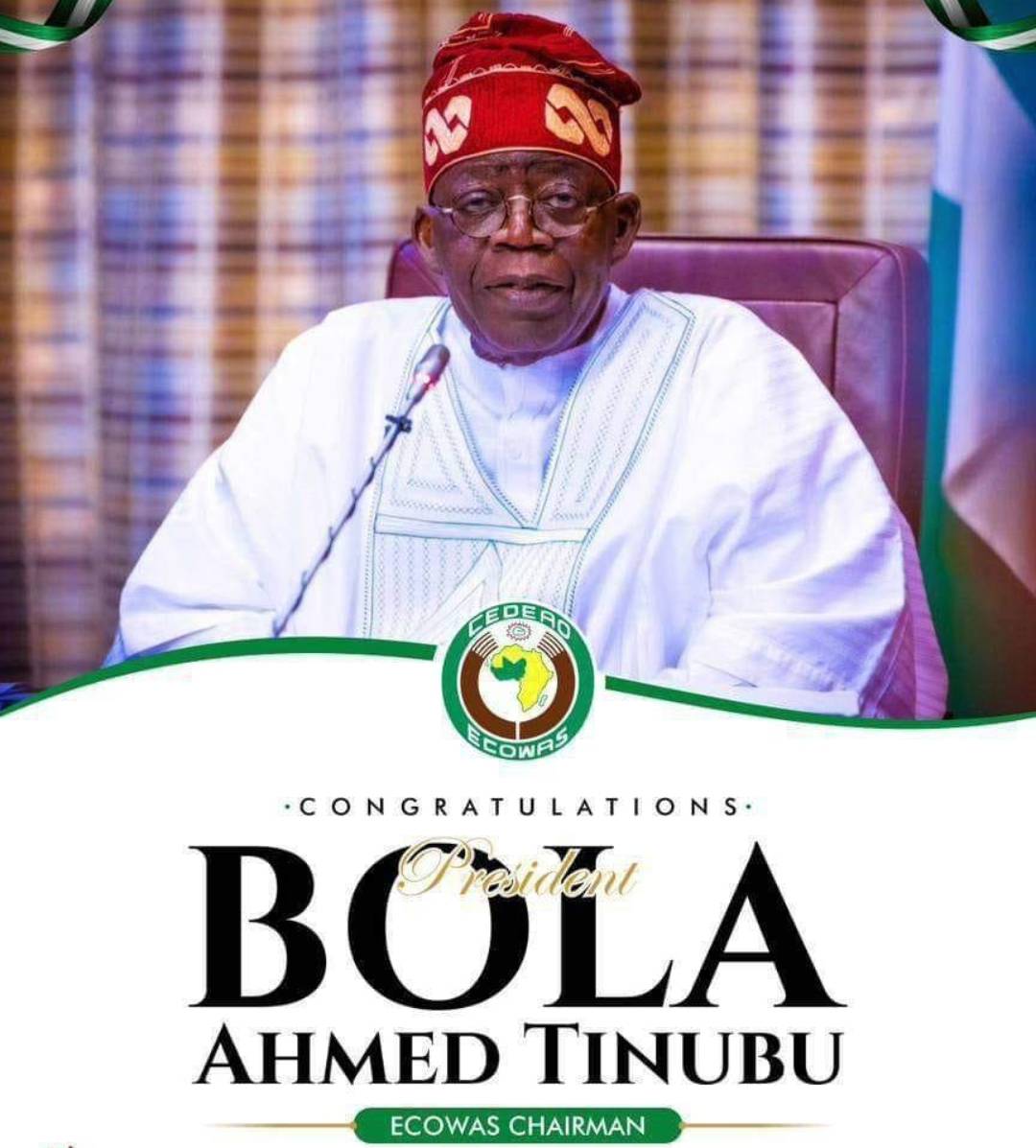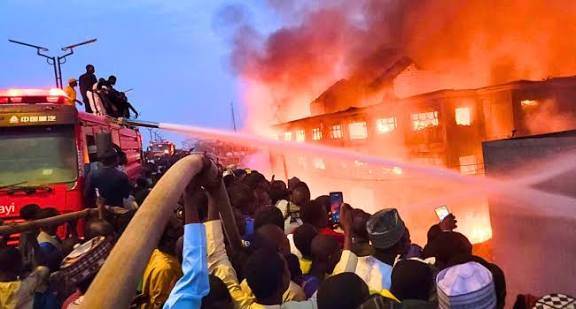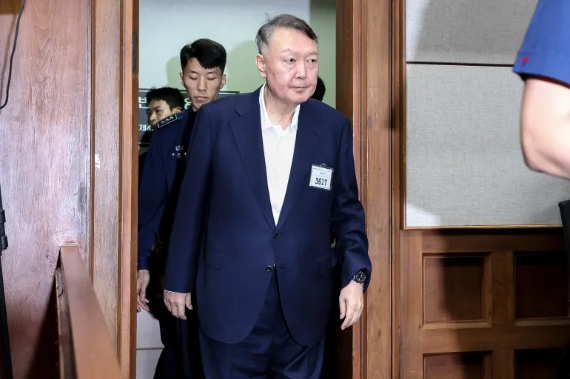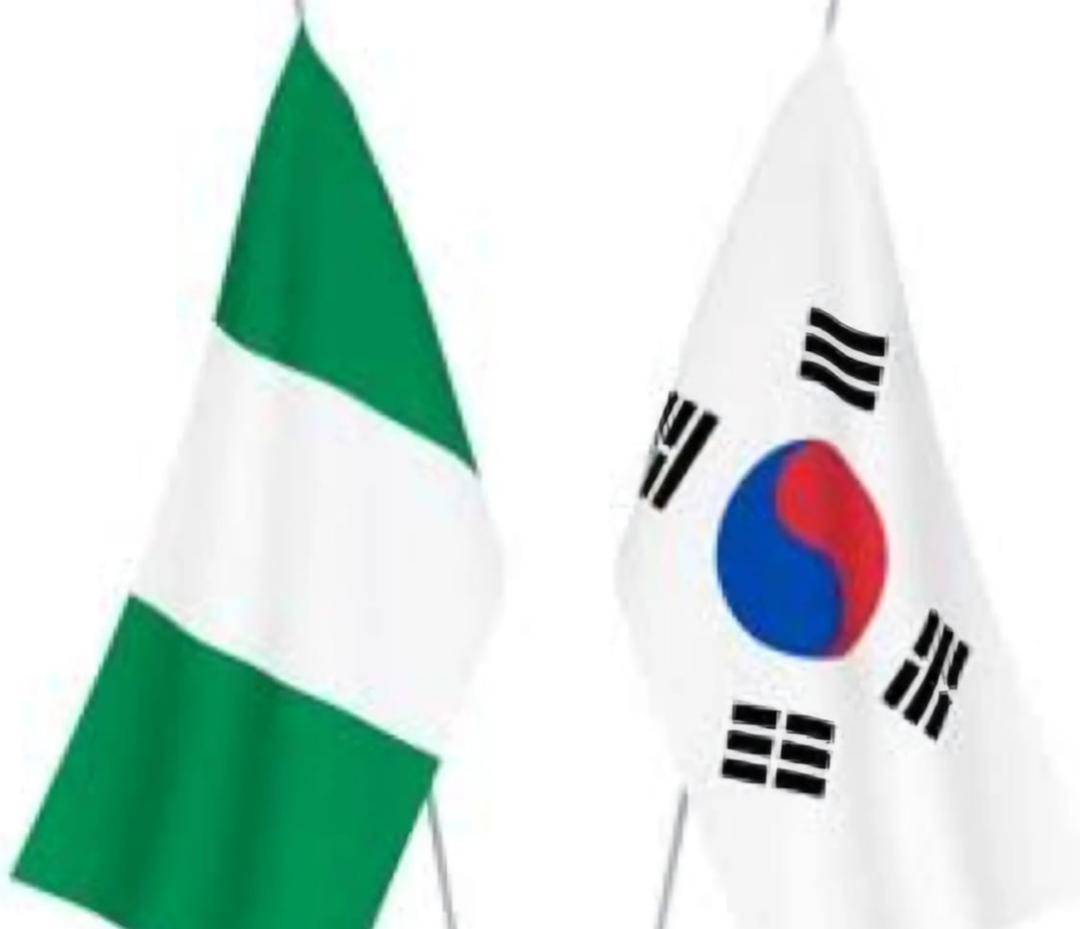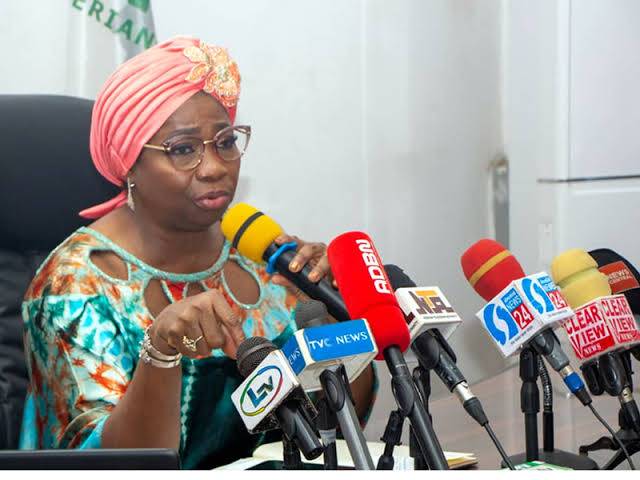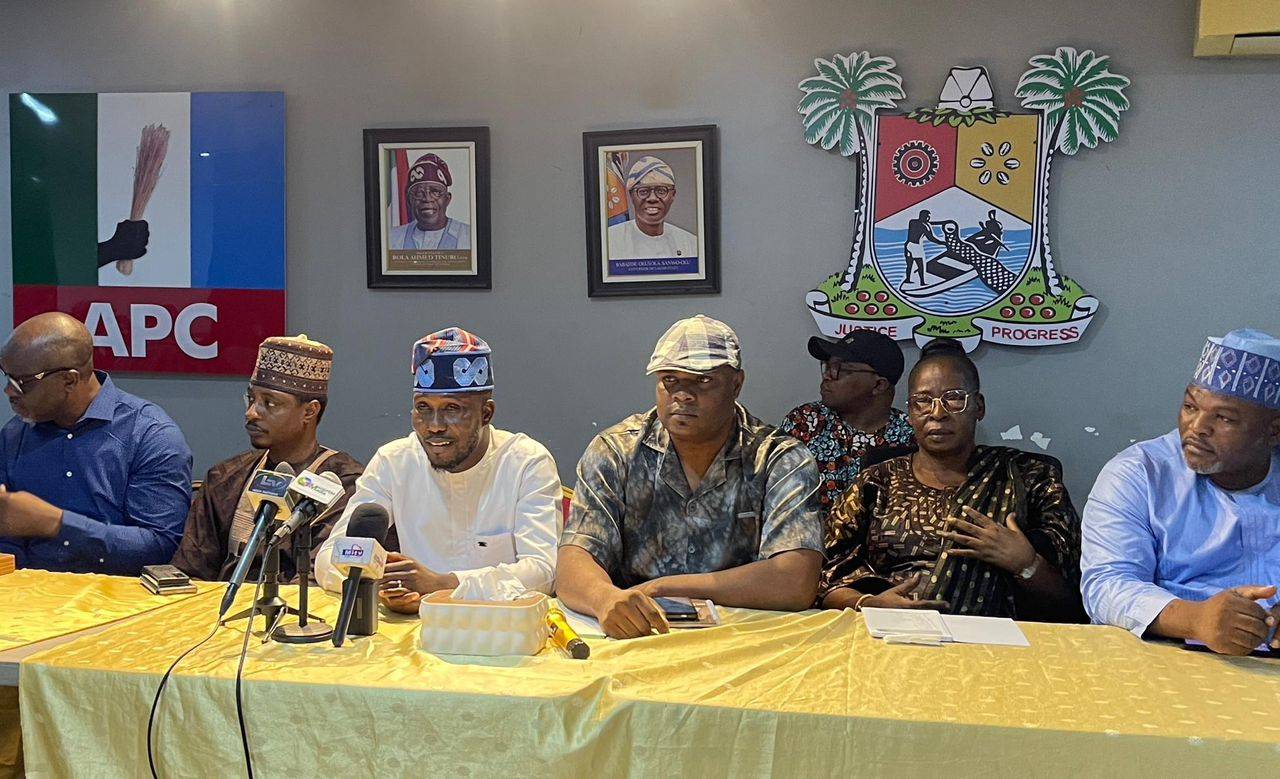Like world leaders, leaders in the Western part of Africa under the aegis of the Economic Community of West African States (ECOWAS) have attested to the leadership acumen and will-power of Nigeria’s president, Asiwaju Bola Ahmed Tinubu and this was done with his appointment as chairman of the community.
The announcement was made during the 63rd Ordinary Session of the Authority of Heads of State and Government of ECOWAS, marking Tinubu’s first official engagement on the African continent since taking office on May 29, 2023.
On the home front, Tinubu’s announcement as the new Chairman of ECOWAS was greeted with widespread celebration in Nigeria as it was viewed as one of the events that united Nigerians regardless of political affiliation and social class.
In his acceptance speech, President Tinubu, a respected advocate for democracy, emphasized his belief in the effectiveness of democratic governance. His selection follows President Umaro Embalo of Guinea-Bissau in assuming the leadership role within ECOWAS.
This appointment brings forth several positive outcomes and expectations. President Tinubu’s commitment to prioritizing democracy suggests a focus on strengthening democratic institutions across West Africa, which could lead to increased political stability, improved governance, and enhanced respect for human rights among member states.
With his extensive experience in Nigerian politics as a former governor and influential leader, President Tinubu is well-positioned to foster regional cooperation and address pressing issues in the region. His leadership can contribute to promoting economic integration, facilitating trade, and developing infrastructure within ECOWAS, ultimately driving economic growth and prosperity for member countries.
Furthermore, President Tinubu’s emergence signifies Nigeria’s continued influence and active engagement in regional affairs. As the most populous country in Africa, Nigeria’s leadership within ECOWAS can foster greater regional unity, cooperation, and collective decision-making on matters of common interest, including security challenges, peacekeeping efforts, and regional development initiatives.
Expectations are high that President Tinubu will leverage his position to promote peace, stability, and conflict resolution within the region. His diplomatic skills and political acumen can play a crucial role in mediating disputes, fostering dialogue, and strengthening regional security frameworks to address issues such as terrorism, transnational crime, and border security.
The President’s appointment as ECOWAS Chairman holds great promise for advancing regional integration, democratic values, and socio-economic development. As he assumes this important role, it will be fascinating to observe how his leadership shapes the future of ECOWAS and the West African region as a whole.
Below is the list of ECOWAS Chairman 1999
1. Abdulsalami Abubakar of Nigeria (1998 – 1999)
2. Gnassingbe Eyadema of Togo (1999)
3. Alpha Oumar Konare of Mali (1999 – 2001)
4. Abdoulaye Wade of Senegal (2001 – 2003)
5. John Kufour of Ghana (2003 – 2005)
6. Mamadu Tandja of Niger (2005 – 2007)
7. Blaise Compaore of Burkina Faso (2007 – 2008)
8. Umaru Musa Yar’Adua of Nigeria (2008 – 2010)
9. Goodluck Jonathan of Nigeria (2010 – 2012)
10. Alassare Ouattara of Ivory Coast (2012 – 2013)
11. John Mahama of Ghana (2013 – 2015)
12. Macky Sall of Senegal (2015 – 2016)
13. Ellen Johnson Sirleaf of Liberia (2016 – 2017)
14. Faure Gnassingbe of Togo (2017 – 2018)
15. Muhammadu Buhari of Nigeria (2018 – 2019)
16. Mahamadou Issoufou of Niger (2019 – 2020)
17. Nana Akufo-Addo of Ghana (2020 – 2022)
18. Umaro Sissoco Embalo of Guinea Bissau (2022 – 2023)
19. Asiwaju Bola Ahmed Tinubu of Nigeria (2023 – )


